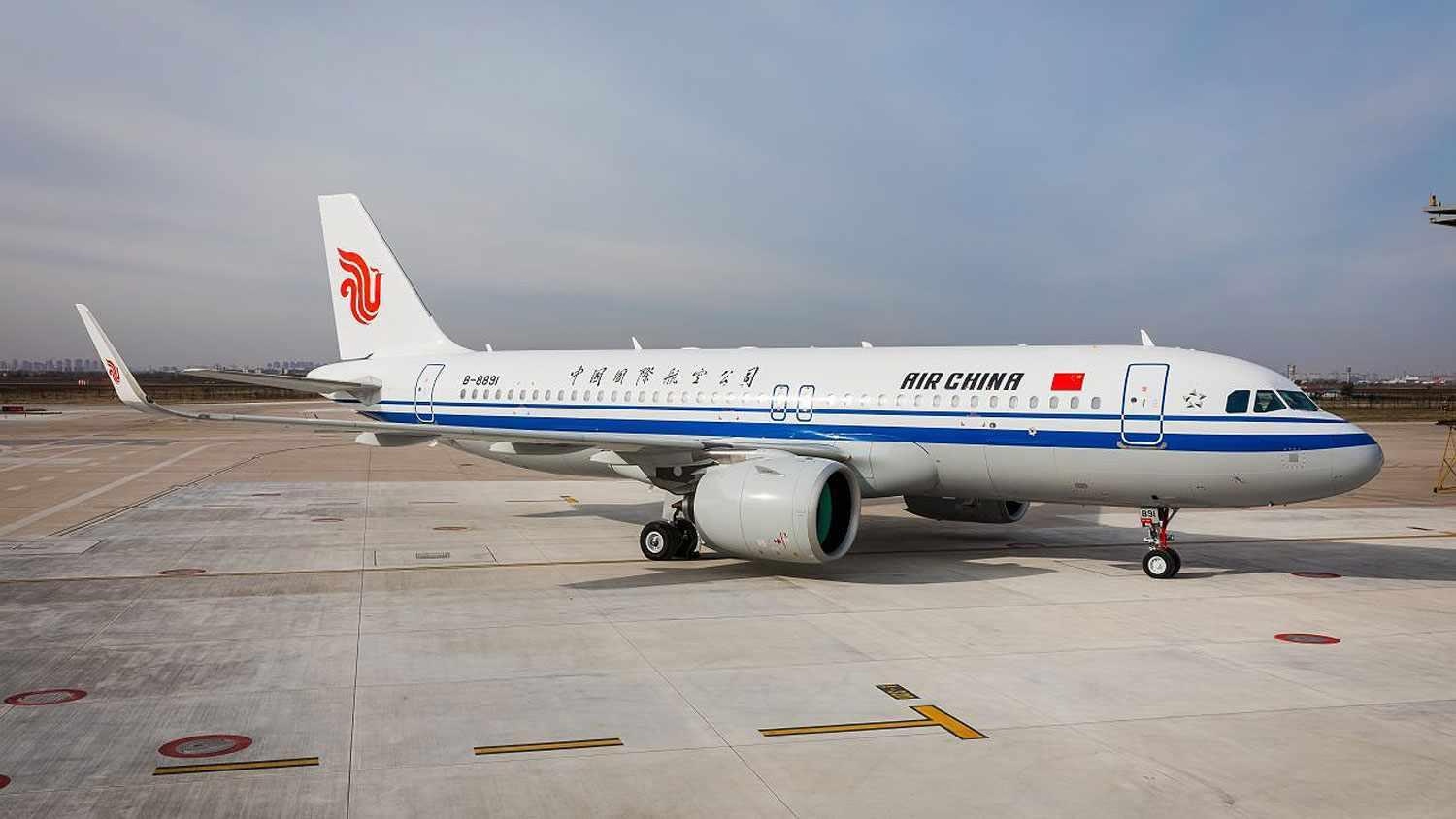AeroGenie — Votre copilote intelligent.
Tendances
Categories
Chinese Airlines Consider Ordering 300 Airbus Jets Amid U.S. Tensions

Chinese Airlines in Advanced Negotiations with Airbus
Chinese airlines are reportedly engaged in advanced discussions with Airbus to place orders for up to 300 narrowbody and widebody aircraft, according to sources cited by Bloomberg. These potential agreements are anticipated to be finalized during an upcoming visit by European leaders to China in July. While the specific carriers involved have not been officially disclosed, the primary candidates are believed to be the three major state-owned airlines: Air China, China Southern Airlines, and China Eastern Airlines.
Currently, these three carriers have just over 200 Airbus aircraft awaiting delivery, out of a total of 300 jets ordered by Chinese customers. The majority of these pending deliveries belong to the A320neo family, with the exception of four A350s ordered by Sichuan Airlines. Notably, there have been no orders placed for the A330neo or the A220 models to date.
China’s aircraft procurement has been restrained in recent years, influenced by security concerns and the ongoing impact of the Covid-19 pandemic. Concurrently, China has advanced the development and production of domestically manufactured commercial aircraft through the state-owned company COMAC. Its models include the C919, which competes in the same category as the A320neo and Boeing 737 MAX, and the earlier C909 (formerly ARJ21). However, production rates remain modest. COMAC is also developing the C929, a widebody aircraft comparable to the Boeing 787 Dreamliner, though it is not expected to enter service within this decade.
Impact of U.S.-China Trade Tensions on Aircraft Orders
The prospective Airbus orders are seen not only as a means to address the backlog of aircraft deliveries but also as a strategic response to the trade tensions initiated during the Trump administration. The U.S. imposed high tariffs on Chinese products, and despite a subsequent truce, it has maintained restrictions such as suspending engine deliveries for COMAC aircraft and other sanctions.
In this challenging environment, Boeing has faced significant difficulties in securing new contracts from Chinese customers over the past several years. Official figures indicate that 128 Boeing aircraft remain to be delivered to Chinese clients, including 21 Boeing 777-9s allocated to Cathay Pacific of Hong Kong. The outstanding orders are predominantly for the 737 MAX, with 95 aircraft, followed by 11 Boeing 787s and a single 777F freighter, in addition to the 777-9s mentioned. This situation underscores the complex interplay between geopolitical tensions and the commercial aviation market in China.

Emirates Unveils Cabin Design for New Boeing 777X

Eighteen Years On, the Airbus A380 Remains Central to a $34 Billion Airline

How a boom in luxury airline seats is slowing down jet deliveries

Navitaire Outage Attributed to Planned Maintenance

DigiYatra Debuts Outside Aviation at India AI Impact Summit

Vietnam Orders Strengthen Boeing’s Commercial Outlook

Airbus Signals Uncertainty Over Future A400M Orders

JobsOhio Awards $2 Million Grant to Hartzell Propeller for Innovation Center

Collins Aerospace Tests Sidekick Autonomy Software on YFQ-42A for U.S. Air Force CCA Program

How the Airbus A350-1000 Compares to the Boeing 777
